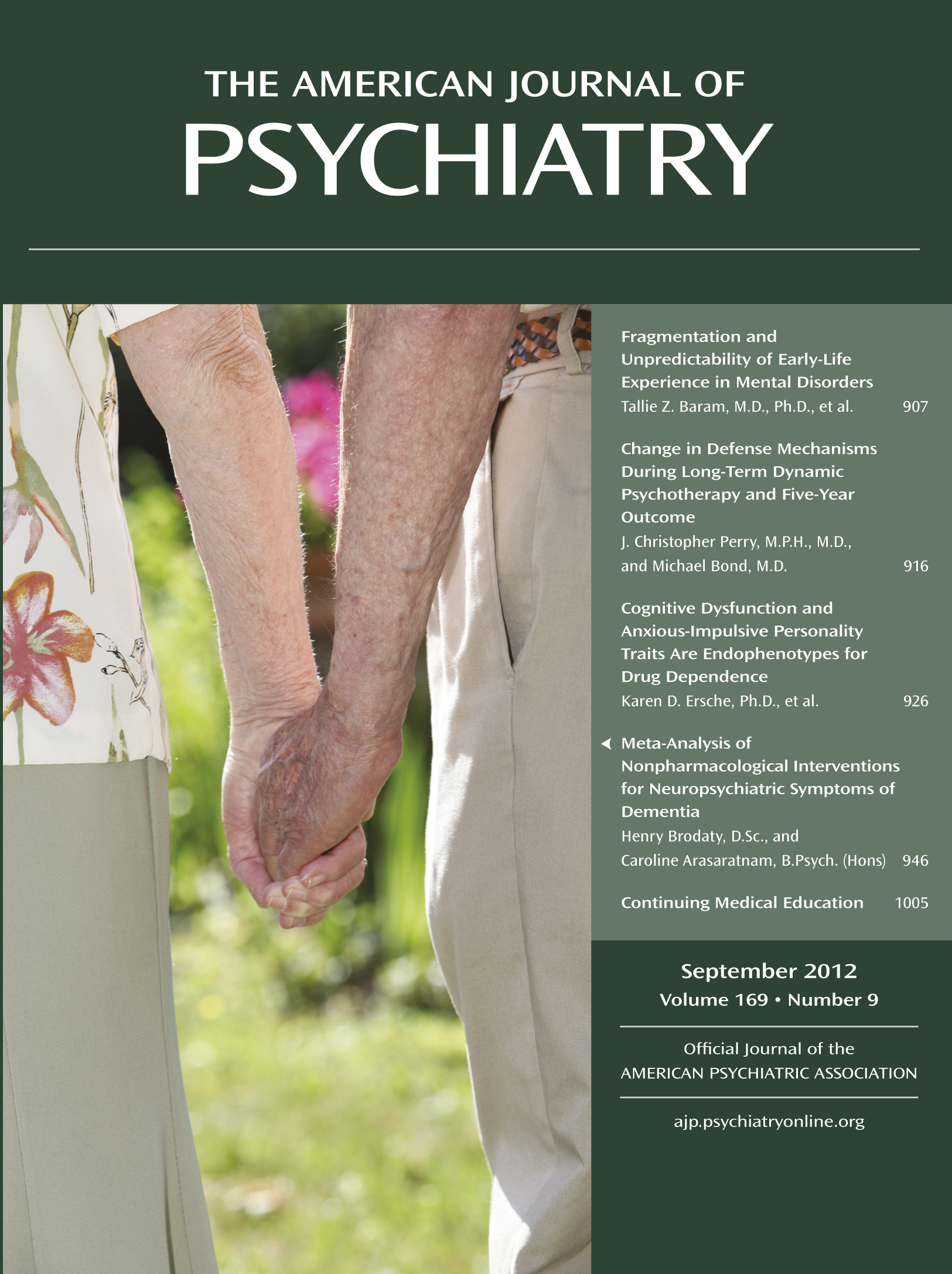Autism Spectrum Disorders
Autism research has grown rapidly over the past two decades, with about 350 peer-reviewed articles published in 1993 and more than 2,100 published last year. This major burgeoning in publication has been the result of many factors, including increased public (and funder) awareness, the activity of parents, parent support groups, and foundations, and the efforts of researchers, clinicians, and educators. Over the last several years, a number of major reference works have appeared, and Autism Spectrum Disorders joins the list as a distinguished entry.
Edited by three distinguished researchers in the field, this ample volume consists of 81 chapters in 11 different sections. The diversity of the field is well reflected in the range of topics covered. A number of chapters are truly outstanding (e.g., Professor Sir Michael Rutter’s introductory overview provides masterly coverage of the issues). The first section of the book is devoted to diagnosis and epidemiology, followed by a section that offers a lifetime developmental perspective on aspects of syndrome expression. Medical and psychiatric comorbidities are discussed in some detail, with the discussion moving beyond the usual boundaries (i.e., seizure disorders and associated intellectual disability and genetic syndromes) toward a range of other disorders. While it is clearly important to cover these topics, there also exists the tendency to elevate every topic to a level of importance when supporting data are rather limited.
Complex issues concerning the broader autism phenotype are reviewed from several different perspectives in the next section of the book. The chapters in the sections that follow encompass neurobiology, genetics, and animal models. The length of the section on environmental factors clearly reflects the present state of the field. The final section of the book covers the topics of treatment and social policy. The treatment chapters include both well-accepted treatments and those with less extensive or minimal research bases. Again, one could question the merits of including treatments for which data are lacking (one alternative might have been to have a single chapter focused on alternative and complementary treatments). On the other hand, coverage of psychopharmacological treatments typically reflects the state of the science in this area. The discussion from an autism research perspective, by Tom Insel of the National Institute of Mental Health, and the inclusion of an advocacy perspective and a personal perspective (with the latter by Temple Grandin) add to this volume.
In summary, this is an outstanding addition to the literature that brings research results into well-written and helpful summaries on a diverse number of topics, although the chapters in this type of book can vary markedly and the decision to be generally comprehensive does raise issues concerning the potential to lose sight of the available data. Another issue intrinsic to any work of this kind, given the rapid pace of publication, is that some chapters will quickly become dated. This is most likely to be the case in the areas of genetics and neurobiological research.
This book will be of greatest interest to researchers, but clinicians, teachers, and parents, as well as others, will find the information useful.



